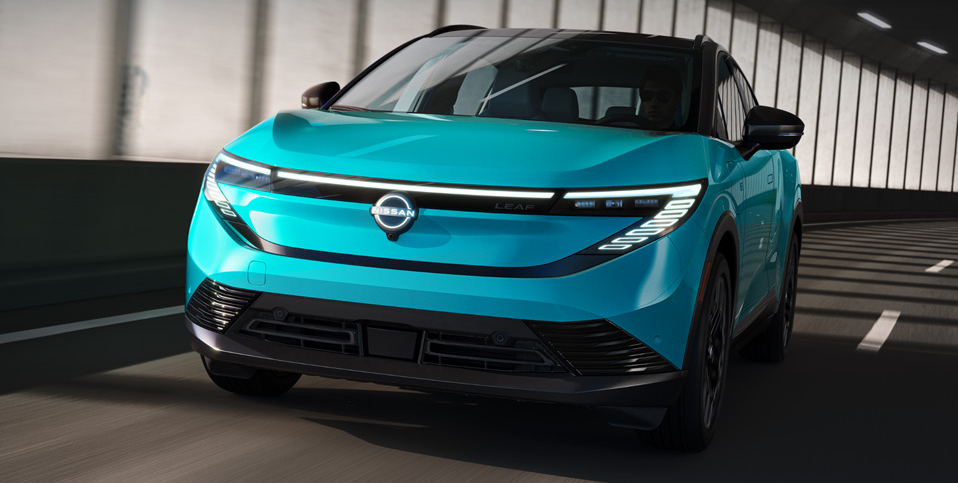According to foreign media reports, Nissan is in discussions with Taiwan's Foxconn Group to potentially hand over operations of its nearly shut down plant in Japan for electric vehicle production as part of its restructuring plan. An insider from Nissan revealed that the potential collaboration involves the Oppama plant located in Yokosuka, Kanagawa Prefecture, south of Tokyo, which employed about 3,900 workers as of the end of October last year. Given Nissan's large-scale restructuring plan, local governments, including those in Kanagawa Prefecture, have expressed concerns regarding the future of this plant.
The collaboration with Foxconn (officially known as Hon Hai Precision Industry) could help Nissan retain the plant and its workforce while reducing costs. Foxconn plans to manufacture its own brand of electric vehicles at the Oppama plant, while Nissan intends to open up idle capacity to the Apple contractor, increasing overall plant utilization rates. Foxconn has rapidly expanded its electric vehicle-related production business through overseas joint ventures. In 2024, Foxconn invested in acquiring 50% of a chassis subsidiary from German automotive parts giant ZF. Currently, Foxconn and Nissan are also considering forming a joint venture to jointly operate the Oppama plant.
In May of this year, Nissan announced plans to reduce its global assembly plants from 17 to 10. Sources indicate that among Nissan's five production bases in Japan, the Oppama plant and another related company’s factory in Kanagawa are both on the potential consolidation list. The Oppama plant, which began operations in 1961, is one of Nissan's main factories with an annual capacity of 240,000 vehicles; however, due to weak sales, the plant's capacity utilization has remained low. According to research firm MarkLines, the plant's utilization rate last year was only 40%, significantly below the 80% breakeven point.
If the plant were to close, Nissan would face high costs due to layoffs. Moreover, many parts suppliers associated with Nissan are located nearby, and keeping the plant operational would help maintain the company's supply chain. The 170-hectare Oppama plant includes important testing grounds and crash test tracks, as well as a research center and a dock for car transport ships. Closing the plant would force Nissan to build new testing tracks and facilities elsewhere, potentially impacting the development of new models and subsequent sales increases.
Foxconn officially announced its entry into the electric vehicle sector in 2019, adopting a Contract Design and Manufacturing business model. The company has been seeking suitable production bases in Japan. In May, Foxconn signed a strategic cooperation memorandum with Mitsubishi Motors to supply electric passenger car products. Meanwhile, the company is advancing a commercial agreement to provide electric buses to Mitsubishi Fuso Truck and Bus Corporation. If the Oppama plant can be established as a production base, it may help Foxconn deepen its collaboration with Japanese automakers. Foxconn has privately expressed interest in collaborating with Nissan. Last December, Honda and Nissan began merger discussions, with Foxconn's potential involvement indicating a desire to work with Nissan.
However, the Japanese government has been cautious about Foxconn's involvement in Nissan's management, though cooperation that protects jobs is more likely to gain government approval. In response to the reports, Nissan issued a statement stating that the information was not based on official company releases. A Foxconn spokesperson did not immediately respond to a request for comment.
Nissan in Talks with Foxconn to Produce Electric Vehicles at Japanese Plant

Share this post on: